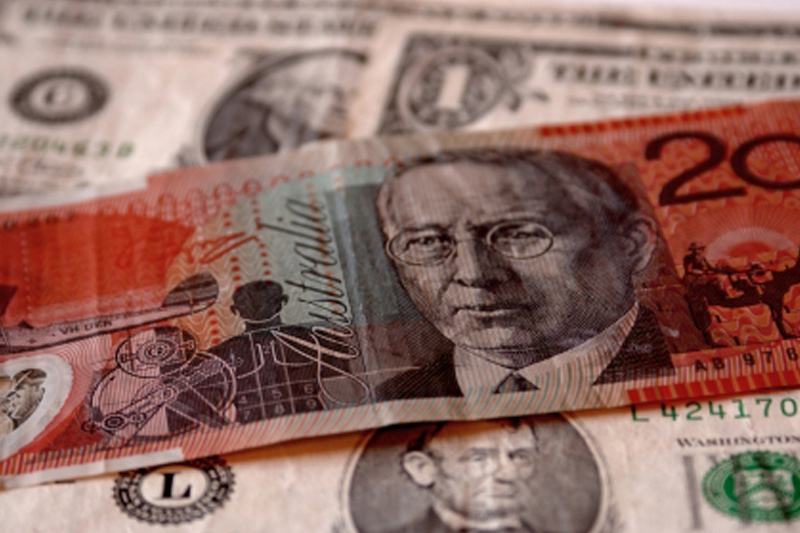Investing.com – The U.S. dollar retreated in early European trade Tuesday, while the Australian dollar soared after the RBA hiked interest rates once more in its fight against elevated inflation.
At 02:35 ET (06:35 GMT), the , which tracks the greenback against a basket of six other currencies, traded 0.1% lower at 103.793, continuing to fall back from a 2 1/2-month peak of 104.70 seen at the end of May.
The dollar has seen some volatility over the last few days as traders try to work out what the will decide in terms of interest rates at next week’s meeting.
Friday’s jobs report only muddied the waters, as the blowout number suggested room for the Fed to hike once more but the rose and the slowdown in the growth of pointed in the other direction.
However, the unexpectedly soft U.S. data hit the dollar as it firmed up expectations for a rate pause after a more than year-long tightening cycle.
“We think that, when adding the cooling off in wage inflation, and considering the diverging views within the FOMC, the case for a pause at the 14 June meeting should prevail,” said analysts at ING, in a note.
Elsewhere, rose 0.9% to 0.6680 after the raised its cash target rate by 25 basis points to 4.10%, while also warning that remained too high and that more policy tightening may still be in order this year.
The hike, which follows an unexpected raise in May, puts interest rates above 4% for the first time in nearly 12 years.
rose 0.1% to 1.0726, despite falling unexpectedly in April by 0.4% on the previous month, indicating the difficulties Europe’s largest economy is facing after it endured the first recession since the pandemic over the winter.
However, unlike the Fed, the is almost certain to lift its interest rates next week, with President on Monday stating that it was too early to call a peak in despite “signs of moderation.”
edged higher to 1.2441, fell 0.1% to 139.43, while rose 0.1% to 7.1099, close to a six-month high ahead of this week’s key and data, which are expected to shed more light on the economic rebound in China, the world’s second-largest economy.
Read the full article here
